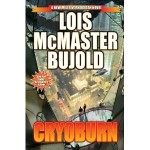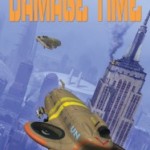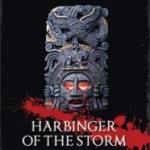Cryoburn by Lois McMaster Bujold, Reviewed
Cryoburn is the latest Miles Vorkosigan novel, the thirteenth in a series stretching back a quarter of a century.
Miles is now an Imperial Auditor with responsibility for investigating a company specializing in cryogenic storage that are planning on opening branches on Komarr.
Miles becomes suspicious and travels to Kibou-daini, a world dominated by a populace who want to evade death by going into suspended hibernation, then further skewed by the cryo-corps thawing some of their sleepers early, effectively creating a generation of temporally displaced refugees.
Cryoburnl opens with Miles hiding from a gang of would-be kidnappers, when he is then helped by a young boy hiding among the displaced, whose mother disappeared some eighteen months earlier.
When Miles is reunited with his team, he learns that the cryogenic corporations are involved in a web of corruption that extends to the economic conquest of Komarr.
Lois McMaster Bujold writes deceptively simple fiction; the characters are likeable, the settings are well depicted, just different enough to be exotic, without ever being so alien that the reader is baffled or put off. the plot issues resolve smoothly, before looping into the next problem. While it’s tempting to classify Cryoburn as a middle-ranking Vorkosigan novel, it’s worth remembering that she’s already won three Hugos, and Cryoburn has a couple of points that raise it above the norm; one is Jin, who as a supporting character is first rate, and the whole society of Kibou, which Bujold never really exploits to the full, but which is nonetheless fascinating.
All in all, Cryoburn is another excellent read from one of today’s most popular writers.





